The 1990s saw the introduction of energy drinks in the U.S., and since then, the market has exploded with countless options, including related products like energy shots, chews, and snacks. Alarmingly, these products are aggressively marketed towards the younger generation, especially those under 18, and college students. Many companies even distribute free samples to kids, with some drinks mimicking the flavors of popular candies. Despite their popularity, there are growing concerns about the potential health risks associated with energy drinks.
Understanding Energy Drinks
Unlike soft drinks, which contain relatively low caffeine levels, or sports drinks, which replenish the body with vitamins, carbs, and sugars after intense physical activity, energy drinks are in a league of their own. They often boast of ingredients like caffeine and vitamins, creating an illusion of health benefits. These drinks claim to enhance concentration and performance, but the reality is they’re packed with a cocktail of stimulants, including:
- Guarana: An herb known for combating fatigue, enhancing cognitive functions, aiding weight loss, and boosting libido. It’s worth noting that guarana also contains caffeine, further increasing the drink’s caffeine content.
- Synephrine (bitter orange): Promotes weight loss.
- L-carnitine l-tartrate (LCLT): Boosts energy, memory, and metabolism, and aids in fat breakdown.
- Yerba mate: Fights fatigue and uplifts mood.
- John’s Wort: Alleviates stress and enhances mood.
While these ingredients might not be harmful individually, their combination with caffeine can lead to adverse health effects.
The Concerns Amplified
A significant issue with energy drinks is the lack of stringent regulation by the U.S. Food and Drug Administration (FDA). This lax oversight means many ingredients remain untested, and product labels might not accurately represent the caffeine content. For perspective, while a soft drink contains around 30 mg of caffeine per serving and coffee about 100 mg per cup, energy drinks can pack a whopping 100 to 400 mg per serving.
The aggressive and often misleading advertising campaigns by energy drink companies further exacerbate the problem. Claims such as Red Bull’s “gives you wings” or Rockstar’s invitation to “party like a rockstar” paint a glamorous and safe picture of these beverages.
Medical professionals are increasingly alarmed by the side effects of energy drinks. These can range from headaches, stomach issues, and anxiety to more severe complications like addiction, high blood pressure, seizures, and heart problems. In some rare instances, excessive consumption has even been linked to fatalities.
Children, due to their heightened sensitivity to caffeine, are particularly vulnerable. Those with existing health conditions like heart diseases or asthma are also at a heightened risk.
Navigating the Energy Drink Landscape
The American Academy of Family Physicians (AAFP) advocates for stricter FDA guidelines, standardized labeling, rigorous product testing, and a ban on marketing energy products to those under 18.
In the interim, it’s crucial to be informed about the potential risks and educate the younger generation. Adopting a balanced diet, ensuring adequate sleep, and regular exercise can naturally boost energy levels. Occasional consumption might be harmless, but regular intake can have long-term health implications.
Educational institutions can play a pivotal role in curbing energy drink consumption. The Centers for Disease Control and Prevention (CDC) recommends schools to provide only healthy beverage options, excluding energy drinks. The National Federation of State High School Associations (NFHS) also advises against student-athletes consuming energy drinks due to potential health risks and the possibility of certain ingredients showing up in drug tests.
A Dangerous Cocktail
A rising trend of mixing energy drinks with alcohol poses another significant risk. This combination can create a deceptive feeling of sobriety, impairing judgment. Combining energy drinks with illegal drugs or specific medications can have similar effects.
If you or someone you know experiences health issues from energy drink consumption, it’s imperative to consult a doctor immediately.
Questions for Your Healthcare Provider
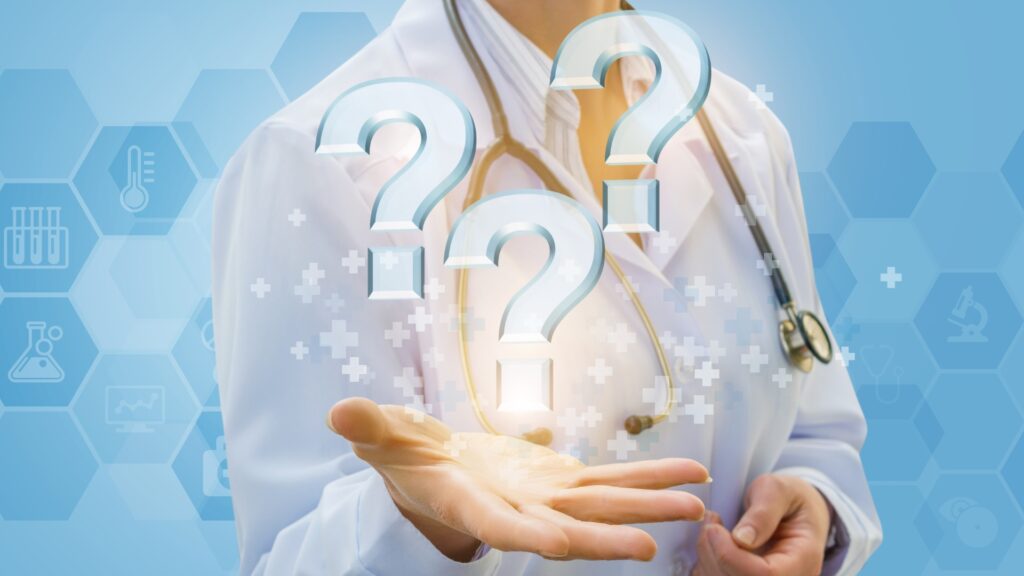
- What’s the safe daily limit for caffeine intake?
- How many energy drinks can be considered excessive?
- How can I determine if my health concerns are linked to energy drink consumption?
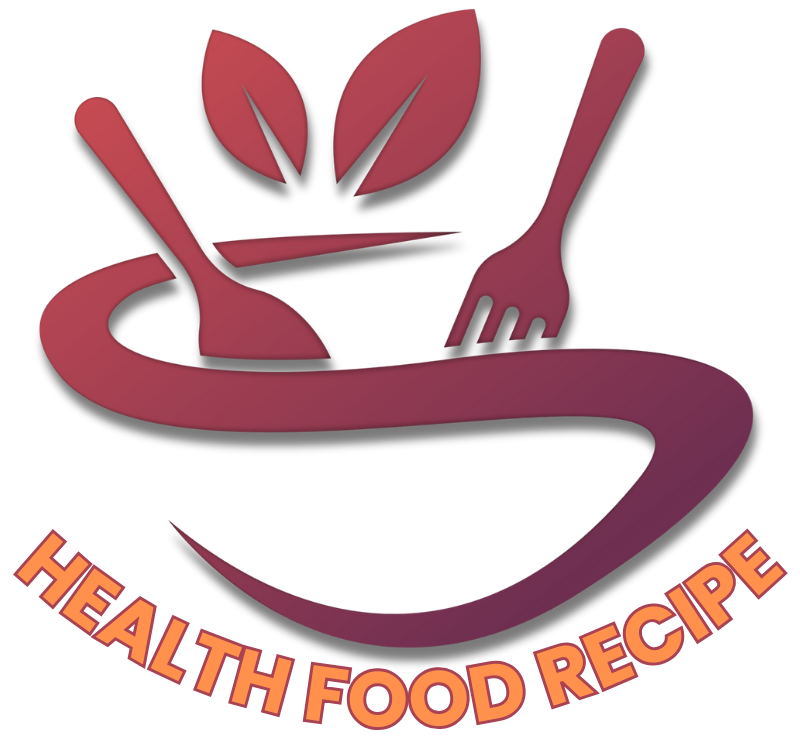



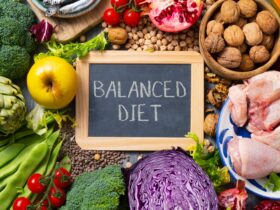
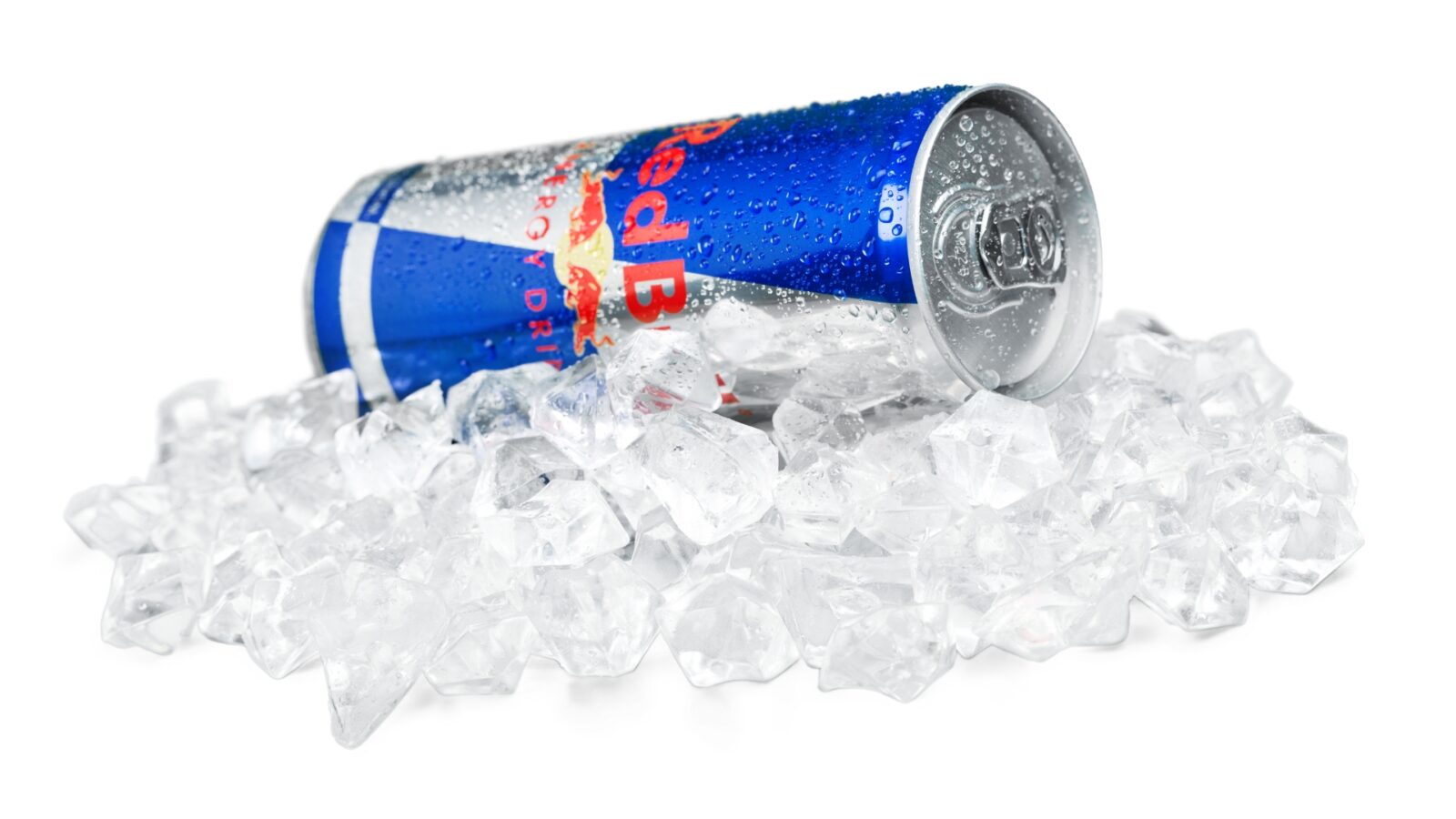
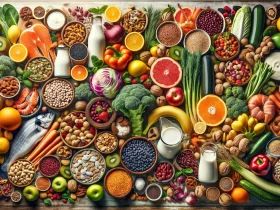







Leave a Reply